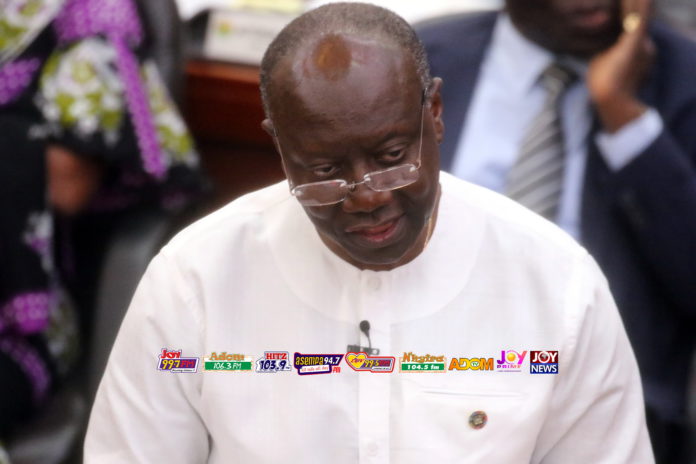Transparency International has urged the UK Financial Conduct Authority (FCA) to make detailed inquiries into Ghana’s application to list Agyapa Royalties Limited on the London Stock Exchange.
The anti-corruption body has also charged the Authority to reject the listing if corruption concerns are not satisfactorily addressed.
The banks and lawyers involved in the deal have also been urged to withdraw their engagement.
Agyapa Royalties Limited is a Jersey-based special purpose vehicle that would own almost 76 per cent of the royalties generated from 16 large gold mines in Ghana under a scheme that has caused controversy and political fallout in Ghana.
Forty-nine per cent of shares in Agyapa Royalties are to be sold through a listing on the London Stock Exchange.
Following the controversies over the Agyapa deal, the Special Prosecutor at the time, Martin Amidu raised red flags over the risks of money laundering in the deal and possible bid-rigging in the contracting of advisors.
Mr Amidu shared his report publicly in November which gave further impetus to the advocacy for a review of the Agyapa Royalties deal.
In a submission to the FCA – and forwarded to J.P. Morgan, Bank of America Merrill Lynch International and law firm White and Case – Transparency International detailed concerns shared by a coalition of almost 30 Ghanaian and international civil society organisations that the deal smacks of corruption.
Linda Ofori-Kwafo, Executive Director of Ghana Integrity Initiative, the Ghana chapter of Transparency International said, “There are serious red flags in how this deal was set up.
“Concerns have been raised by civil society actors around inadequate stakeholder consultation, transparency and the valuation of the deal. Other concerns bother on the way transaction advisors became involved in the process and a lack of public oversight over the company at the heart of the deal.”
She added, “It is crucial for Ghana that the western financial institutions and regulators involved in this deal take these concerns seriously. They must not facilitate schemes that may end up plundering Ghana’s mineral resources in the name of investment.”

